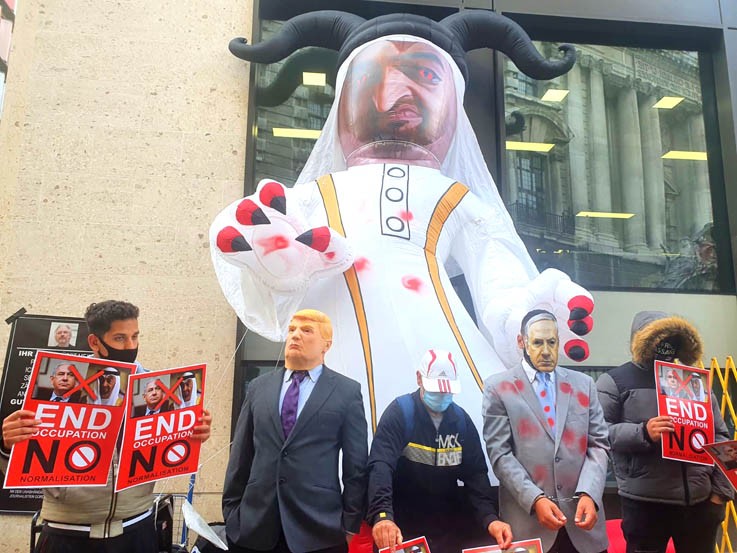
US PRESIDENT Trump is behind the politically motivated prosecution of Julian Assange who he said should receive the death penalty, it was alleged by American lawyer Eric Lewis at Assange’s extradition trial at the Old Bailey when it resumed yesterday.
The case was postponed last week, halted for two days over concerns that a relative of one of the prosecution lawyers in the case was infected with Covid-19.
The lawyer’s test came back negative but the judge, Vanessa Baraitser, ‘made no instruction’ on whether everyone in the court should wear a mask, leaving it to up to each individual.
Julian Assange however appeared in the dock wearing a mask.
The WikiLeaks founder was rearrested before the hearing last week on 18 new counts, including ‘conspiring to hack government computers’ and ‘violating espionage law’.
James Lewis QC for the prosecution was cross examining defence witness, experienced American lawyer Eric Lewis.
Giving evidence yesterday, Lewis said Assange would likely be held in a US prison with ‘severely limited’ access to his legal team and documents while preparing for a trial.
He gave evidence that Assange would face a possible 175-year sentence if convicted on all 18 charges he faces, pointing out that in the US ‘sentences are longer than are found elsewhere in the world.
‘Legal scholars and other observers have expressed the view that, if successful, the government will press for Mr Assange to be punished to the fullest extent of the law,’ he said.
Eric Lewis also told the hearing that Trump wanted Assange prosecuted ‘because he perceived leaks and leakers as personal enemies.’
Previously, it had all but been concluded the US Department of Justice would not prosecute Assange, but under the Trump administration that changed, Lewis said.
He suggested the US attorney general was ‘directing from the top down from his office to the Eastern District of Virginia to be much tougher on leakers, including Mr Assange.’
Assange was targeted as a ‘political opponent’ of President Trump’s administration and ‘threatened with the death penalty,’ the Old Bailey heard.
The court then suddenly adjourned as it was interrupted by the sound of an American news report about the Assange case.
The lawyers jumped to their feet throwing their arms in the air and Judge Vanessa Baraitser quickly exited the court. No one appeared to have any idea how that happened. It was nearing lunch break so court then resumed after about an hour.
Julian Assange’s supporters were outside the Old Bailey in large numbers.
Sandra Araujo had got there at 5.00am, she told News Line: ‘Julian Assange should be freed today, this court case is a sham, a circus.
Jill Everett, originally from the US, said: ‘It is a political trial to jail a journalist who has committed no crime but is treated worse than a terrorist.
‘I have supported Julian Assange since I saw the first video of innocent civilians being killed by the US military in Iraq.
‘US forces are treating war like a video game. We have known atrocities from the Vietnam War and the massacre of Vietnamese villagers at My Lai.
‘Those who commit war crimes are never prosecuted – only those who have revealed the crimes.’
Isabell Pforr had travelled from Germany to attend the court hearing and told News Line: ‘I have been refused entry into the court.
‘Two MPs from the Die Linke Party were also refused entry, this is not open justice at all.’
Teddy Renyard, who’d come down from Birmingham, told News Line: ‘This is a prominent case of not only freedom of speech, but freedom of the press.
‘The working class should take the case of Julian Assange up because it us today and them tomorrow and it should be brought up at the TUC.’
Wayne Johnson, also from Birmingham, said: ‘The trade unions should make more of an effort. If they are not already taking up this issue they should make more improvement in their communication. The ramifications of this case set a precedent.’